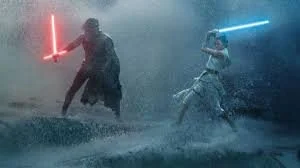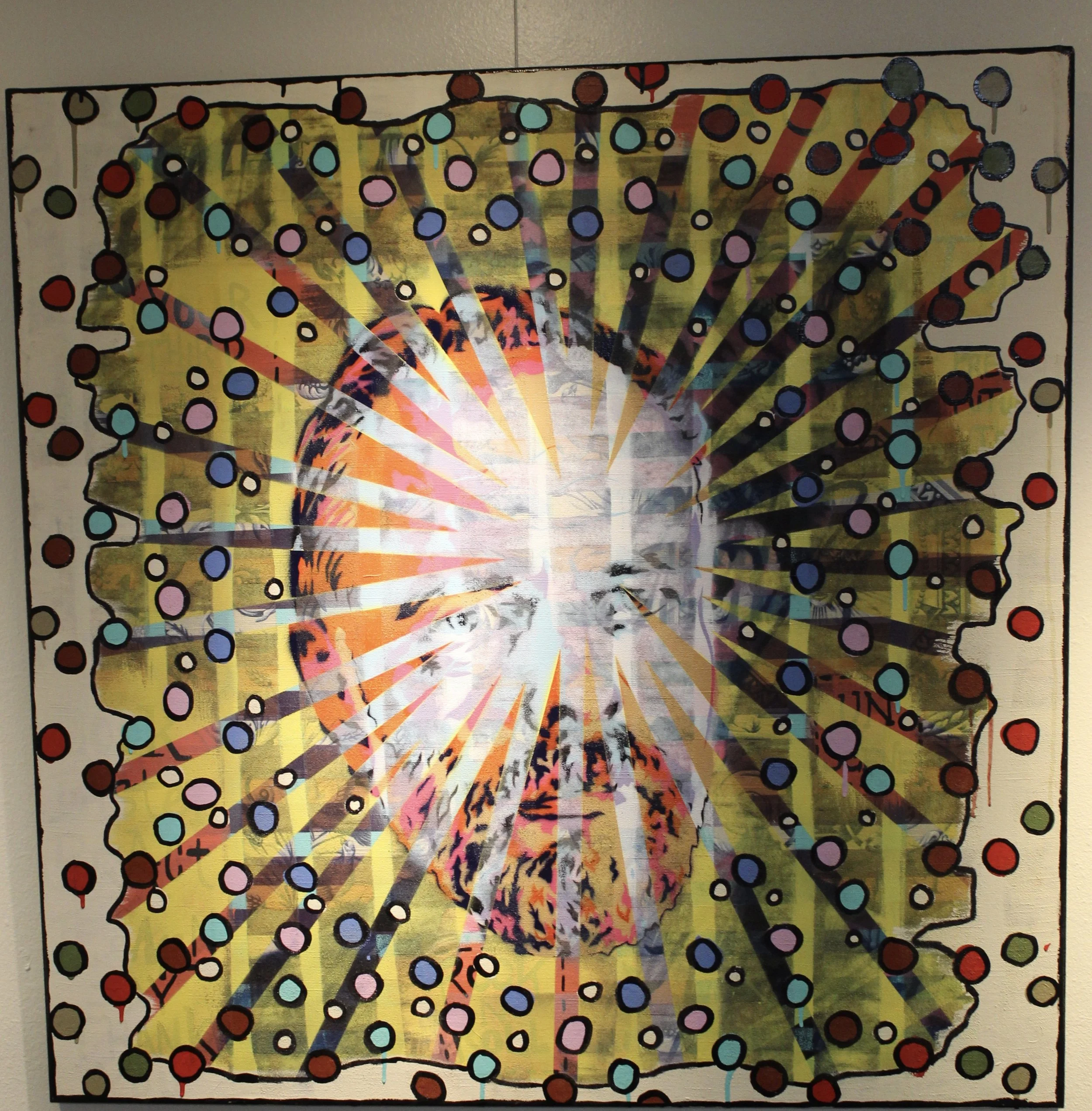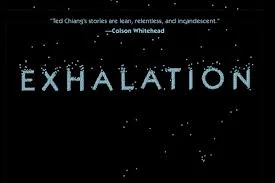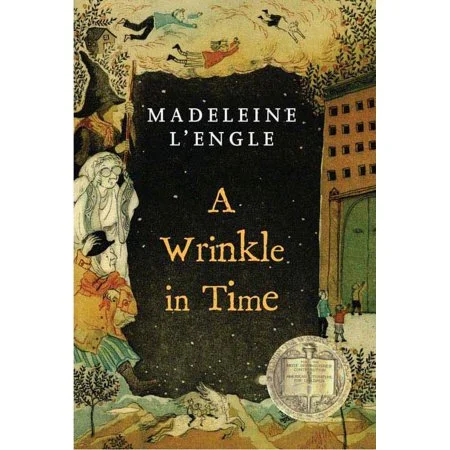Italian Researchers Say Kids Identifying with Harry Potter Display Less Bias Against Minorities and Immigrants After Reading the Books
In celebration of Harry Potter Victory Day, (May 2, when the Order of the Phoenix and Dumbledore’s Army turned the tide against the death eaters in the Battle of Hogwarts), an NPR story and a Psychology Today article cited a recent Italian study linking identification with Harry to a lower likelihood of bias or prejudice against stigmatized groups.
Harry Potter is, of course, the magically powerful teen with a mixed lineage that some of the pure-bloods of his wizarding otherworld disdain. In the course of the series, many of the aristocratic pure-bloods turn out to be the villains while many of the "mudbloods" (a derogatory term for muggle-born witches and wizards) are the good guys. In this is a message for young readers: being born rich and powerful in an admired group does not guarantee that a person is morally better than someone from a non-traditional background. Another insight: dismiss or abuse underdogs at your own peril.
In his Psychology Today article, Christopher Bergland summarized the Italian findings this way:
“The team of researchers from Italy found that reading Harry Potter books improves children’s attitudes toward stigmatized groups that included: immigrants, refugees, and members of the LGBT community. The researchers carried out their experiments with elementary school, high school, and college students in Italy and the UK….Living vicariously through the characters in the novel impacted their attitudes towards marginalized people in real life….Harry is sympathetic to anyone who is stereotypically treated as ‘less-than’ in mainstream society.”
Get ready, hitchhikers, Towel Day is May 25. Don't forget your towel and Don't Panic! 42 is the answer to life, the universe and everything. A 2009 tribute to Douglas Adams by Juilan Hammer.
The Special Role of Speculative Fiction
Speculative fiction has a strong history of opening characters’ (and readers’) minds through encounters with diverse characters and creatures, and has suffered backlashes for it. The most recent example is the upheaval at this year's Hugo Award nominations. In scifi, a protagonist may suddenly face invaders with divergent worldviews or opposing galactic priorities (like the Vogons in The Hitchhiker’s Guide to the Galaxy, who disregard the sentients on Earth to destroy it because they need to build an interplanetary highway through it. Don't panic.)
Speculative fiction which takes this question seriously can force readers to examine their own biases. SF/F can examine discrimination by placing it in a less controversial fictional setting of an otherworld. Writers can create conflicts and illuminate discrimination between groups paralleling our own without risk of offending actual intolerant groups.
Another example is Ursula K Le Guin’s classic The Left Hand of Darkness, which sends Genly Ai to planet Winter where the androgynous people kemmer monthly into one or the other sex as needed to reproduce inside their relationships. Genly can’t read the signals of one of the world’s leaders, Estraven, because s/he seems “effeminate,” and Genly can't help but mistrust Estraven because of it. Later the two must grow to trust and sacrifice for each other to survive a difficult journey out of a nightmarish arctic work camp.
Le Guin’s book, published in the 1960s, questioned readers' assumption that leaders are male and that this is good. She implies that worlds with no such duality would suffer fewer misunderstandings or wars, despite that Genly comes from a people who can “mindspeak” with each other, and he misses that open communication deeply. More generally, the book asks us to think about what it is that we love in others. Don’t we all hope that it’s something deeper than appearance, parts and adherence to gender-determined roles?
First Edition front cover of Ursula K Le Guin's The Left Hand of Darkness. Cover artist: Leo and Diane Dillion. 1969.
Does Reading in General Build Empathy?
In the Psychology Today article, Bergland goes on to explain why reading the Harry Potter books is mind-expanding:
“Throughout the Harry Potter series, children can put themselves in the shoes of outsiders and underdogs like the ‘mudbloods’ which allows readers to experience what racism and homophobia feel like on a visceral level. By having a first-hand experience of the intolerance and unfairness against fictional minority groups, the researchers observed a reduction of prejudice against immigrants and gays in real-life scenarios.”
Other recent research shows that readers’ brains experience story events as if they were actually happening to themselves. (This does not happen when viewing TV, BTW.) Readers literally put themselves in the place of the protagonist and experience their frustrations, achievements and setbacks along with them. Careful readers of thoughtful stories learn hard lessons alongside the hero or antihero.
So What is a Writer’s Responsibility?
Writers may complain that readers “missed the point,” but does the research now prove that, biologically speaking, that may not be possible? If readers really “live” each novel through the lens of their own past experiences and learn from it as if it were a part of their own lives, is it legitimate to tell readers what they should learn from their own experiences?
Maybe not, but as Unbound Writers of speculative fiction we can give readers, and especially kids, insights into the difficulties that minorities face and overcome in their everyday lives. Further, we can hope that through our fair presentations, readers will exit the wormhole of a novel with more empathy toward minorities and stigmatized groups, not less.


































There is so much out there to read, and until you get your turn in a time loop, you don’t have time to read it all to find the highlights.